The news that Adrian Chiles is to host a new version of Nationwide and thereby become the first anchor with a Brummie voice to appear on prime-time BBC1 makes me glow with civic pride. It impels me to share my love for a city (even though I live in London) that has been criminally misunderstood and misrepresented for so long. So here are 22 things about Birmingham that you didn't know - or (probably) care about - plus a guide to speaking Brummie, proper loike.
1. What precisely does the Birmingham accent sound like? According to Harry Enfield, who is supposed to be a comedian, it often consists of putting the letter "O" front of the letter "I" and replacing each "U" with a "W", with hilarious consequences. For example: "Oi am considerably richer than yow." Very amusing Harry. Ha, ha, hah. But in fact Enfield is so wide of the mark it isn't even funny. See point 2 for an explanation.
2. So what is Brummie, then, if you're so clever? Good question. It is not an accent, nor a dialect, nor even a kind of vernacular. It is more of a syllable. Let's see if you can say it. Repeat after me: "Ar". No, that's not quite right. Try again, and this time try to sound more adenoidally depressed: "Ar." Better. You see "Ar" means everything in the second city: "Yes", "No", "Goodbye", "The antidisestablishment movement surely prefigures the looming schism in the Anglican church." It's like "Bof!" in French - you can use it everywhere and in any situation and everybody will think you're fluent. Nobody says anything else. Trust me.
3. Actually, that's not quite true. Brummies also say: "Tara-a-bit" which means "Au revoir, moite" - or "Au revoir, mate," as you non-Brummies would say.
4. Brummie offspring call their mothers "mom", not "mum", which makes it difficult for children to buy appropriate greeting cards in this orthographically challenged land. Unless you're a Brummie in America, in which case there's no problem, because in the US you literally can't move for "Happy birthday, Mom" cards.
5. Birmingham has more miles of canals than Venice and more trees than Paris. But, unfortunately for the canals and trees, they are in Birmingham and not Venice or Paris. This makes them all quite sad.
6. Tony Hancock, Birmingham's most famous depressed comedian, was born in Hall Green and later committed suicide. Would a 16-hour course of cognitive therapy at a government-run so-called "happiness centre" that "happiness gurus" are currently recommending have helped him? Not if the centre had been in Hall Green.
7. There are more Antony Gormley statues of metal men in Birmingham's public places than there are miles of canal or trees. You can't stop him! Don't think they haven't tried!
8. The smell from the HP Sauce factory in Aston drifts over the Aston Expressway. This stretch of motorway is, as a result, the only one in the world where you are obliged by law to keep car windows up and maintain a minimum speed of 50mph. These rules are to be relaxed now that sauce production is being relocated to Holland. Do the Dutch really know what they're getting in to? I don't think so.
9. The now-demolished inner ring road was a piece of public art, just like a Gormley statue. Nobody was meant to drive on it!
10. Prince William and David Cameron support Aston Villa, no matter how much people ask them to stop.
11. There was a resin sculpture in Centenary Square called Forward, depicting the city's men and women marching from its smoke-stack past into some delightful multicultural future - until some kids burned it down in 2003. Does that mean Birmingham isn't going forward, you ask? Nobody likes a smartarse, sunshine.
12. The Rotunda is the world's first rotating 20-storey restaurant, supplying Balti cuisine on all floors and offering views of Birmingham - and beyond! As you know, "balti" means "bucket" in Urdu and, each evening, when the restaurant closes, the lid comes off the Rotunda so the restaurant can be aired. The escaped fumes usually drift over Smethwick, where they form a fetid cloud. Hence the expression "Well, I'll go to Smethwick", which suggests that the speaker is so surprised that they would do something madly contrary to their own interests.
13. Actor Julie Walters is from Smethwick. Improbably, she's quite fragrant.
14. At the new Selfridges, you can eat sashimi and sushi. Now that's posh.
15. UB40's best-selling single did not have to be re-pressed for Birmingham record shops with the title Red Red Woine. That's just a loie. (Incidentally, there's a town near Birmingham spelled Lye but pronounced Loye. Whacked out!)
16. In a night of rioting on July 14 1791, a Birmingham mob burned down nonconformist intellectual Joseph Priestley's home in Sparkbrook and tried to lynch him. So think on.
17. Priestley was a member of the Lunar Society, a group of industrialists and scientists (also including Matthew Boulton, Erasmus Darwin and Josiah Wedgwood) who used to meet on nights when there was a full moon. They called themselves the lunaticks. Those guys! Mad or what!
18. Steel Pulse once did a great reggae album called Handsworth Revolution. But there's wasn't one. Not really.
19. The Streets (aka Mike Skinner) is from Birmingham, but moved to that London. And yet we're supposed to believe he's somehow keeping it real!
20. Chiles supports West Bromwich Albion, which isn't really in Birmingham. It's in the Black Country, which is very different. (Stop looking at me blankly.) So maybe he isn't a true Brummie at all. Lenny Henry (Dudley), Noddy Holder (Walsall), Meera Syal (Essington, near Wolverhampton) are not Brummies either. Benjamin Zephaniah is, though.
21. George Eliot cried like a girl at a concert at Birmingham Town Hall in 1848. After that incident, nobody really believed he was a man any more.
22. They used to make Wolseleys (be still, my aching heart!) in Washwood Heath. But now hardly any cars are made in Birmingham. We will now bow our heads in two minutes' silence to pay respect to Birmingham - first city of the industrial revolution and former home to 1,000 manufacturing trades, that shall (Oh yes!) rise again. Won't we, readers? "Ar!" Well said.
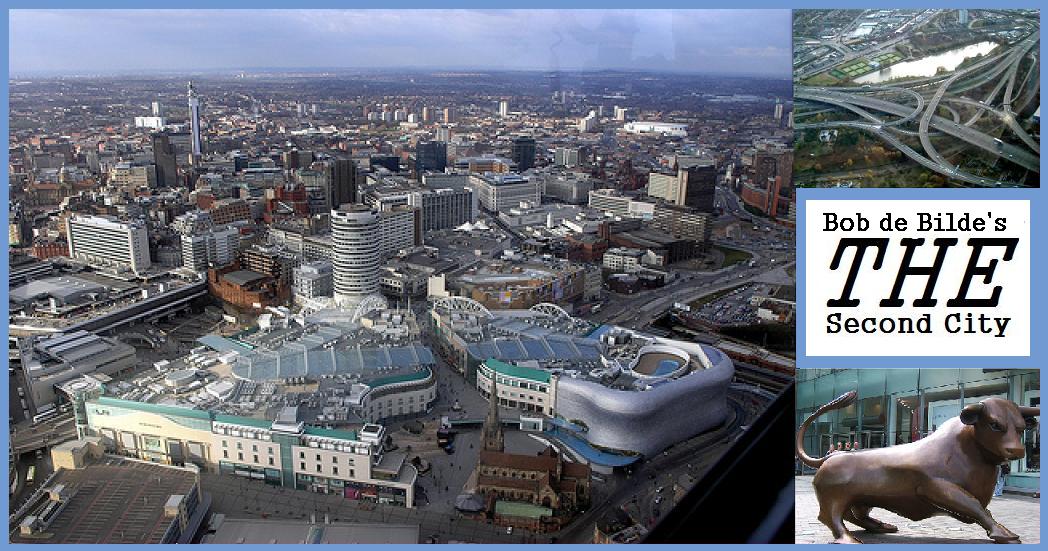









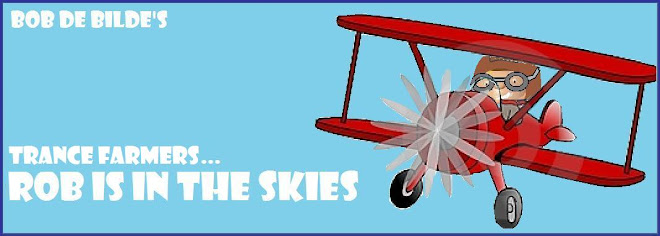


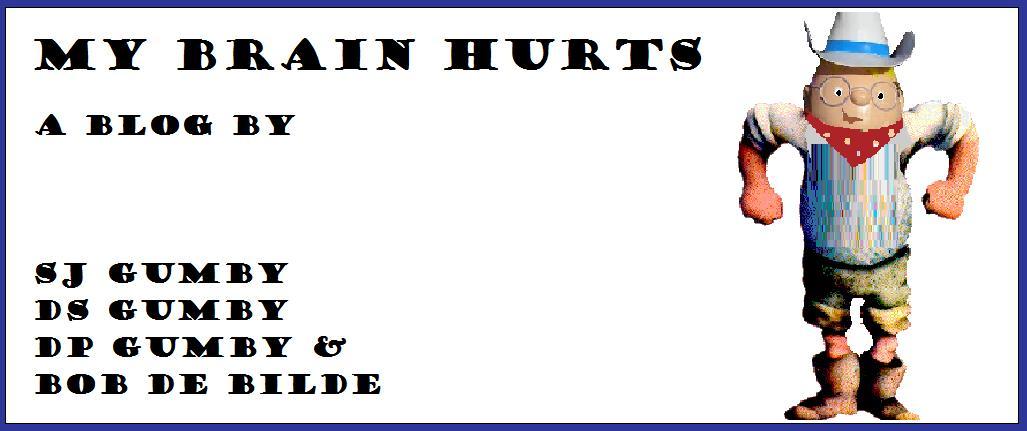




















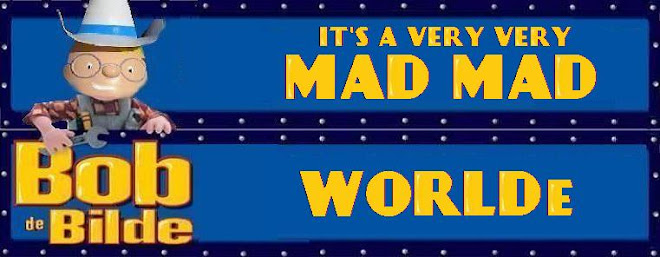










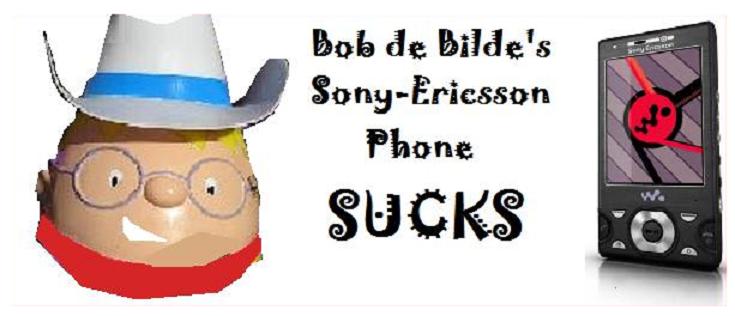

No comments:
Post a Comment